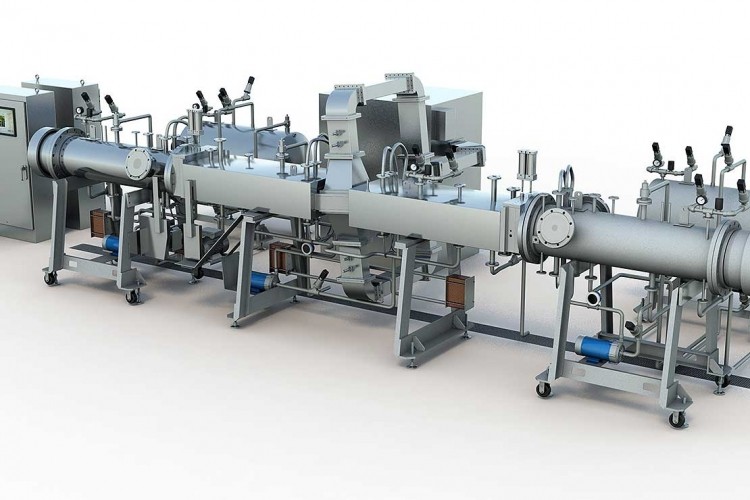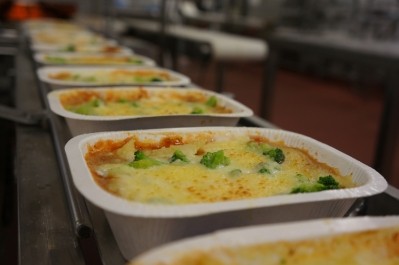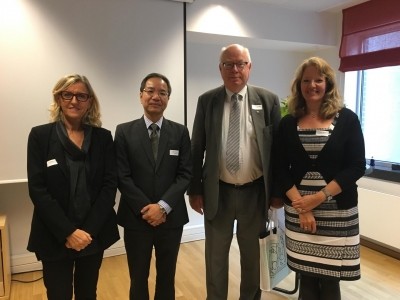Massey University hopes novel tech will put it on the MAPs (or MATs)

The university in New Zealand hosted 915 Labs, which has commercialised the product and holds the exclusive worldwide license, at a workshop last week.
They were joined by food company representatives, researchers, scientists and government.
Massey University said any centre at the FoodPilot in Palmerston North would be supported by a team providing technology, process engineering and regulatory expertise and would do development and validation projects on behalf of the international food industry.
It would also enable research collaborations with overseas research groups.
Microwave Assisted Thermal Sterilisation (MATS) and Microwave Assisted Pasturerisation (MAPS) technology was developed by Washington State University and funded by the US government and food companies.
MATS uses microwaves to speed up the heating process for packaged foods, essentially combining a continuous retort with a microwave.
MAPS operates with lower temperatures and shorter heating times required for pasturerisation. Packaged foods and beverages are heated simultaneously with hot water and microwave energy to a temperature of 70-90°C for 2-10 minutes, eliminating viral and bacterial pathogens.
Dr Abby Thompson, director of Massey’s Riddet Innovation, said the technology means products look and taste fresher and retain more nutritional components with an extended shelf life.
“This technology enables the development of premium fresh-life foods and meals with enhanced consumer appeal with sufficient shelf life to supply both domestic and export markets with products targeting retail, food service and institutional applications. It is a real game changer.”
It was developed for ready meals, but there is interest in premium pet foods.
915 Labs manufactures and sells pilot-scale and commercial-scale MATS systems and will begin producing a MAPS-only system in 2017.













